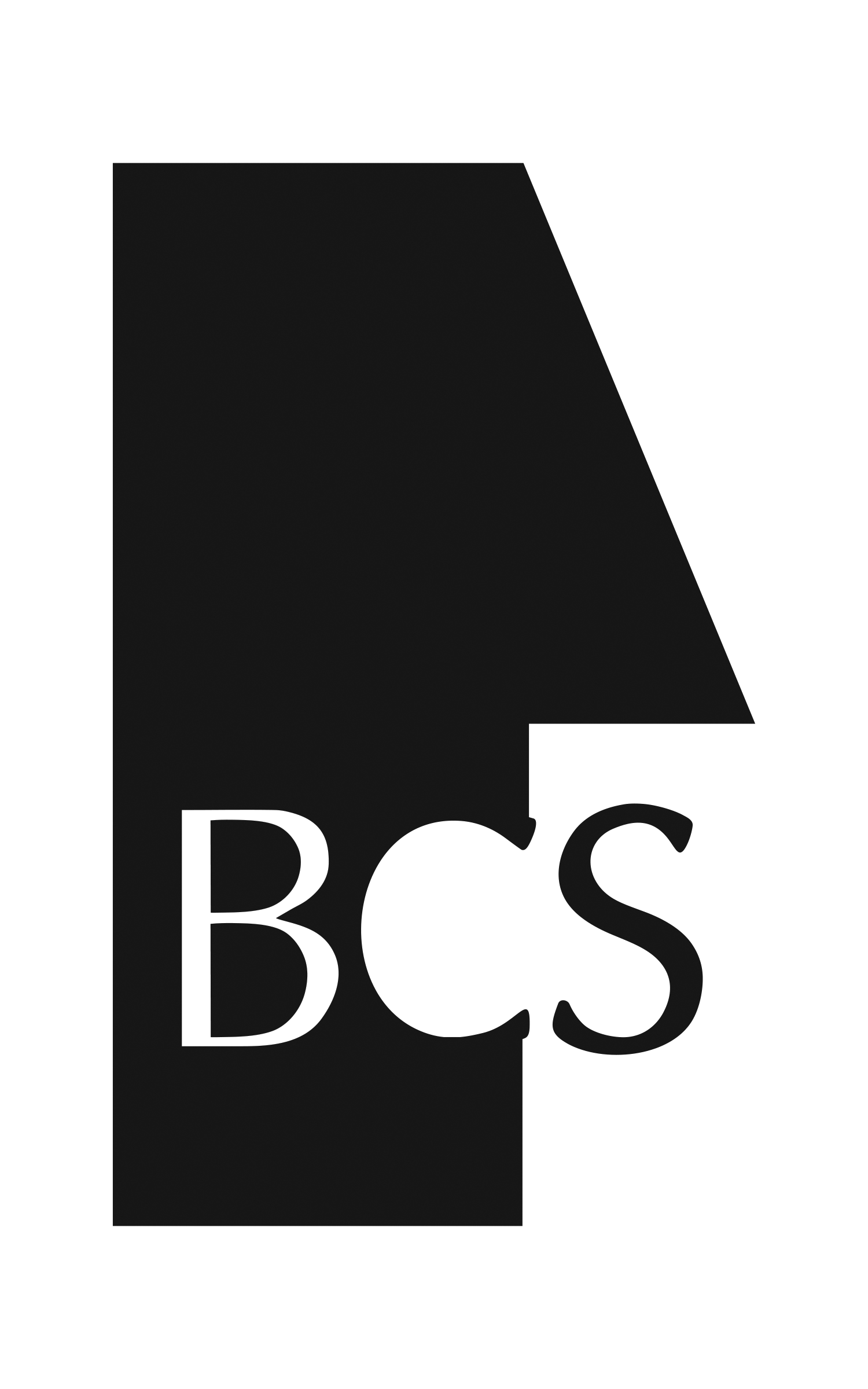Fellow choral music lovers: Below is a heartfelt letter from our music director, Gerald Sousa. We hope this will be the first of a regular series of letters from us that will keep us in touch with you, our supporters. Please know that you are in our hearts and minds as we wait, watch, and hope for a return to sharing music together in real time. We'd love to hear from you, as well. (bcs@chambersingers.info)
Dear Friends,
For over thirty years, nearly every Tuesday evening of our September to May concert season, I have looked forward to walking into rehearsal and sharing the evening with a group of bright, caring, and talented people who, while astonishingly diverse in age, backgrounds, and life pursuits, are nonetheless bound by the unshakable conviction that the pursuit of excellence in artistic expression is essential to the nurturing of their human experience. That common purpose is the powerful wellspring that has inspired the group to mount many of the greatest and most demanding works of the Western choral tradition, works that have included Bach’s St. Matthew Passion, Beethoven’s Missa solemnis, and Mendelssohn’s Elijah. We sing, we discover the genius of the master composers, and we mind merge with friends who share our yearning for the spiritual sustenance that is the reward of active engagement in the creative process. For many of us, it has been a core experience in our lives. And then, suddenly…
March 10, 2020 was a Tuesday. That evening, we assembled as always at 7pm in the beautiful open sanctuary of the Unitarian Church to continue our preparation of our upcoming performances of Craig Hella Johnson’s moving work, Considering Matthew Shepard. The poignancy and immediacy of the music and the purpose of the piece itself touched many of us in profound, unexpected ways. We were bravely taking a stand against violence and for tolerance. We had much, much work ahead to design and stage the production, and we rehearsed with our usual blend of serious concentration and spontaneous moments of joy, laughter, and warmth. The movement we focused on that night, “Fire of the Ancient Heart,” happened to be one of the most dramatic and pivotal moments in the work. It is the center movement of the work, and is the point at which the chorus portrays and then processes the anger and rage that emerged throughout the nation following the October, 1998 brutal and horrific murder of Matthew Shepard, a young gay student in Laramie, Wyoming.
Craig Johnson has set the movement masterfully, casting the drama into a primal lament, in which righteous anger, channeled through the power of drumming and visceral chant, is transformed into a power that can effect change. Johnson divides the larger chorus into five groups. Each has its own rhythmic mantra, which is taught to the group by its leader who first drums the speech pattern, and then, in call-and-response style, teaches it to the other members of the group. Each group one by one overlays its drumming and chanting onto the previous. The words start as whispers and then inexorably crescendo to a frantic shouting cacophony where the interacting rhythms and frenetic drum timbres create a hypnotic sound that is overwhelming. And then, as the anger is transformed and released, the shouting stops, healing begins, and the violent wails are transformed into a song of the unbound spirit.
That rehearsal was astounding. The five drummers and forty singers were laser-focused on mastering the complex rhythms and the intensity of the words. The first time through the run I think we all were a bit shaken at how much energy we released, and by the intense emotions released through an ancient ritual. We refined the music for the next hour. I remember thinking on the drive home how grateful I was to work with such humble and selfless people who respected the transformative power of music like Considering Matthew Shepard, and who trusted that the music might in some small way change people, and perhaps guide us and our listeners, as the work’s title says, towards considering others.
Then, the very next day, although we knew there was a virus around, we all began to have the veils drawn from our eyes but saw only confusion ahead. BCS was on track at that point to host in a few weeks our annual spring Messiah sing-along that attracts hundreds of people who come together to read Handel’s great music during the Lenten season. Though we knew little about the virus at that time, we knew that health and safety were paramount; for the first time in the history of BCS, we voted to cancel a musical event. That Saturday, our Board met together in the quiet of the sanctuary at St. Mark’s to evaluate what our path should be regarding rehearsals and Matthew. We sat far apart; “social distancing” was a brand-new term to all of us. It was an eerie and sad moment. I remember part of the discussion where we briefly wondered whether we would all get back on track after a couple of weeks of careful attention. But the meeting ended with a clear consensus that there was so much unknown, and since there was nothing more important than taking care of each other, we would put this concert on hold, suspend our current season, and make preliminary plans for a fall performance. We left the meeting and have not seen each other since (except, of course, through the omnipresent lens of Zoom meetings).
As everyone knows, we have no idea how the pandemic will continue to evolve. Like many of you, I have been tracking the physiology of the virus closely, particularly as it relates to singing and group interactions. Some of the clearest information available right now is summarized in a widely-circulated article by Erin Bromage. Recommended. Discouraging as it all is, the stark reality is that singing a rehearsal in the conventional sense ranks stunningly close to the top of the list, Most Dangerous Things You Can Do During a COVID-19 Pandemic. I won’t go through what and why—but it is fact, and until there are significant changes in testing, preventing, and treating the virus, none of us can envision a return to safely making music together as we are accustomed.
But here’s the real point of this letter to you all. The BCS Board and I are unwaveringly committed to continuing our passion and mission for making and performing great choral music. Read that again, because I and we mean it. The world as we knew it has changed. But who we are, and the values and convictions within us are strong and solid. I have dedicated my life to making music. It has given me joys and insights far, far surpassing any I could ever have imagined. In my doctoral work at IU I was taught by some of the most inspiring teachers in the world at that time, and they are with me in every BCS rehearsal as I try to share with others what they shared with me. The challenge now is to find new ways to make music and feed our souls. The world is going to reinvent itself—in business, education, worship, and every other area. The arts are full of creative minds that will discover new pathways to express the inexpressible. Virtual choirs, for example, are the hot item right now…hundreds of these popping up on YouTube. We may dabble putting together one, but the current process in performing in that mode is, for me, somewhat antithetical to the nature of the choral experience. To “perform” in a virtual choir, singers typically are asked to send in individual videos in which they sing their part to a piece that has been sequenced to a click track; then a technical person knits it all together. Impressive and fun, but to me they lack the essential interaction that happened in our March 10 drumming rehearsal. We’ll find ways back to that.
In the meantime, I have found great comfort in the solitude this time has provided. When I was a child, I would spend hours and hours at home laying in front of our stereo console, listening to music. With my eyes closed. Just listening deeply and discovering. It’s when my ears and heart opened up to the transformative power of great music. And it led to me becoming a conductor.
Over the last three weeks in particular, I have returned to that immersive world and listened anew, without the constraints of all the usual outside commitments and distractions, to works I have learned over the years and new ones just discovered. Within the sadness and impatience of not being able to make music in real-time, I continue to find great joy in music. I trust you are finding your own paths as well during these in-between times.
I hope you all are safe and well. And that you are careful and kind to those around you. I miss everyone—singers, alumni, and audience members. We will connect soon, and often, if not directly, virtually. Let us work together to keep the essence of BCS vital as we find our way back.
We are going to perform Matthew as soon as we are able (broadcast?!). I hope I will “see” you all there.
Until then, my best.
Gerry
P.S. From the thousands of pieces BCS sang over the years, Gerry chose music from BCS’s 2007 performance of Felix Mendelssohn's Elijah to share with our community now. In Gerry’s words:
“The preparation and performance of Elijah was a journey of great joy for us. We all agreed that the work was of such importance that we would dedicate most of the season to its rehearsal—we had only one performance all season, and was it an amazing one! We gave ourselves time to learn and grow that season, and we dug deeply into the music throughout the rehearsals, carefully building musical fundamentals, using Elijah as our workbook. BCS had always performed well, but this performance marked the beginning of a new level for us. A huge part of the growth came from rehearsing the final week side-by-side with the IU Jacobs School of Music faculty soloists: Tim Noble sang the role of Elijah, a role he has built his international career on. He was completely in command of the evening—a prophet of great intensity. He was supported by the beautifully skillful mezzo-soprano Mary Ann Hart, then chair of the voice faculty, and Alan Bennett, a tenor of incomparable standards. This is the final movement of the oratorio--an absolutely exhilarating climax to an evening of high drama and spiritual exploration. The chorus and orchestra were impeccably prepared, and at the end the audience leapt to its feet. Such a great experience.”


